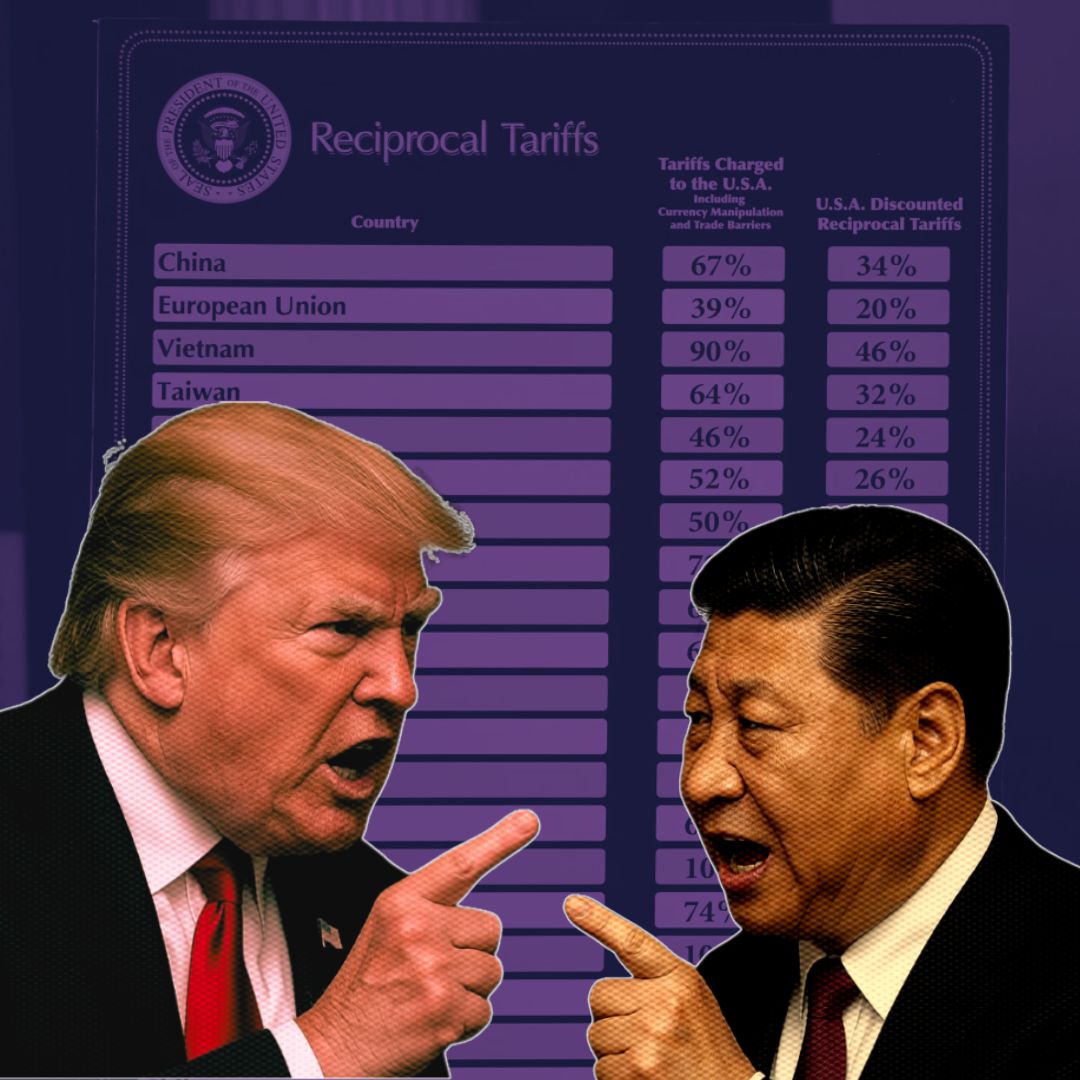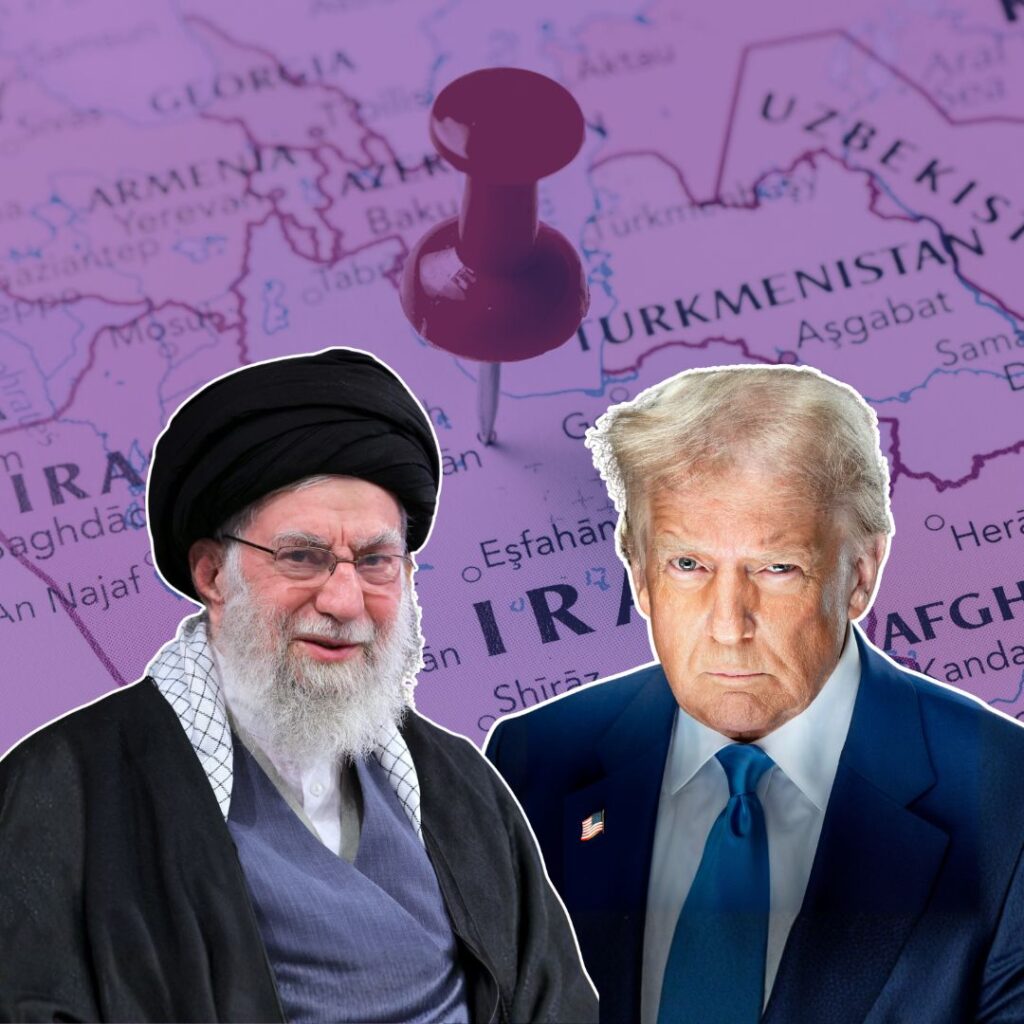US President Donald Trump has announced a significant shift in his trade policy, imposing a 90-day pause on tariffs for most countries, with a uniform 10% rate, while excluding China.
Tariffs on Chinese imports have been raised to 125%, marking an escalation in the ongoing trade tensions. China has retaliated with an 84% tariff on US goods, effective April 10. This move follows a tumultuous week in global markets, which initially plummeted due to Trump’s sweeping tariffs but rebounded after his reversal.
The trade war between the US and China continues to intensify, with both sides refusing to back down. The situation reflects a complex interplay of economic, political, and diplomatic factors, with implications for global trade and economic stability.
Tariff Details and Reactions
Trump’s decision to reduce tariffs for most countries to a flat 10% for 90 days is seen as a strategic move to encourage negotiations and isolate China. White House advisors describe this as part of a planned strategy to pressure China into revising its trade practices.
Beijing has responded aggressively, imposing an 84% tariff on US goods and warning its citizens against traveling to the US. The Chinese government has vowed to “fight to the end” in this trade conflict, indicating no immediate resolution.
Trump’s actions have been described as both economic and personal, reflecting his long-standing grievances against China’s trade practices. The tariffs are expected to impact various sectors, including technology, agriculture, and manufacturing, potentially leading to increased costs for consumers and businesses.
Background and Context
The trade tensions between the US and China have been escalating for years, with both countries imposing retaliatory tariffs. Trump’s initial tariffs were part of his “reciprocal” trade strategy, aimed at addressing perceived trade imbalances.
The latest escalation involves tariffs over 100%, which could effectively act as a trade embargo, leading to a decoupling of direct trade between the two economies. This conflict has global implications, potentially leading to a more bifurcated world economy and increased market volatility.
The European Union has also joined the fray, imposing tariffs on US goods in response to Trump’s duties on steel and aluminum. The situation is further complicated by geopolitical tensions, with both the US and China seeking to assert their influence in global affairs.
Economic Impact and Global Reactions
The ongoing trade war is having far-reaching economic impacts. Companies are facing increased costs and uncertainty, leading to supply chain disruptions and potential layoffs. Global markets have experienced significant fluctuations, reflecting investor anxiety about the future of international trade.
The World Trade Organization (WTO) has expressed concerns about the rising tensions, urging nations to engage in dialogue rather than escalating tariffs. Other countries, such as Japan and South Korea, are also feeling the effects, as they navigate between maintaining good relations with both the US and China.
The trade war could lead to a shift in global supply chains, with countries seeking alternative markets and partners to mitigate the impact of tariffs.
The Logical Indian’s Perspective
The ongoing trade war between the US and China highlights the need for diplomatic dialogue and cooperation in international trade. While tariffs can be used to correct imbalances, they often lead to broader economic instability and harm consumers.
The Logical Indian advocates for peaceful resolution and multilateral agreements that promote fair trade practices without resorting to punitive measures. As the global economy navigates these challenging times, it is crucial to ask: Can international leaders find a path to resolve trade disputes through negotiation rather than retaliation, and what role can citizens play in promoting global economic harmony?
How can we ensure that trade policies prioritize the well-being of people and the planet, rather than solely focusing on economic gains?











